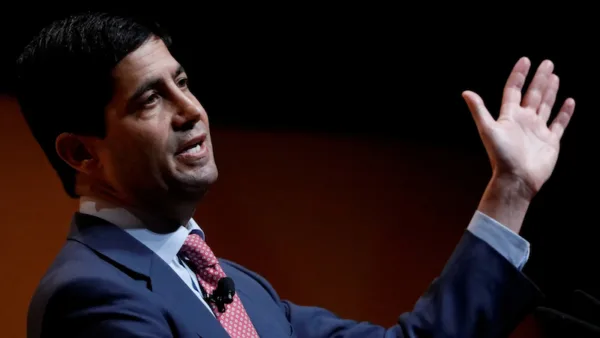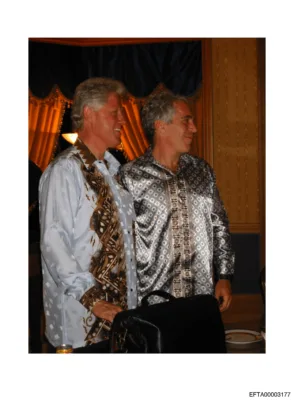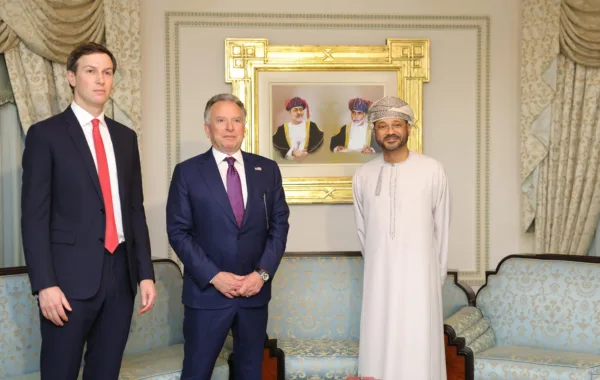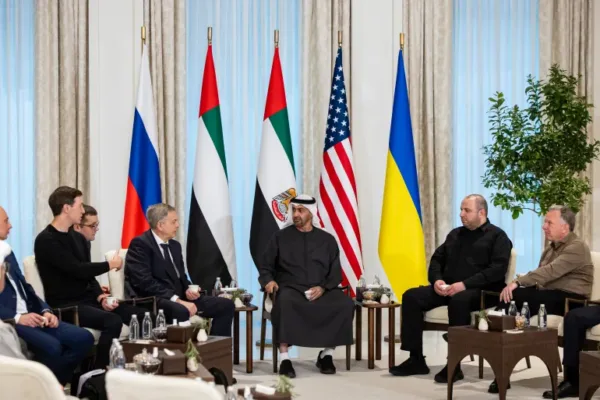What’s behind China’s Ukraine ‘peace plan’?
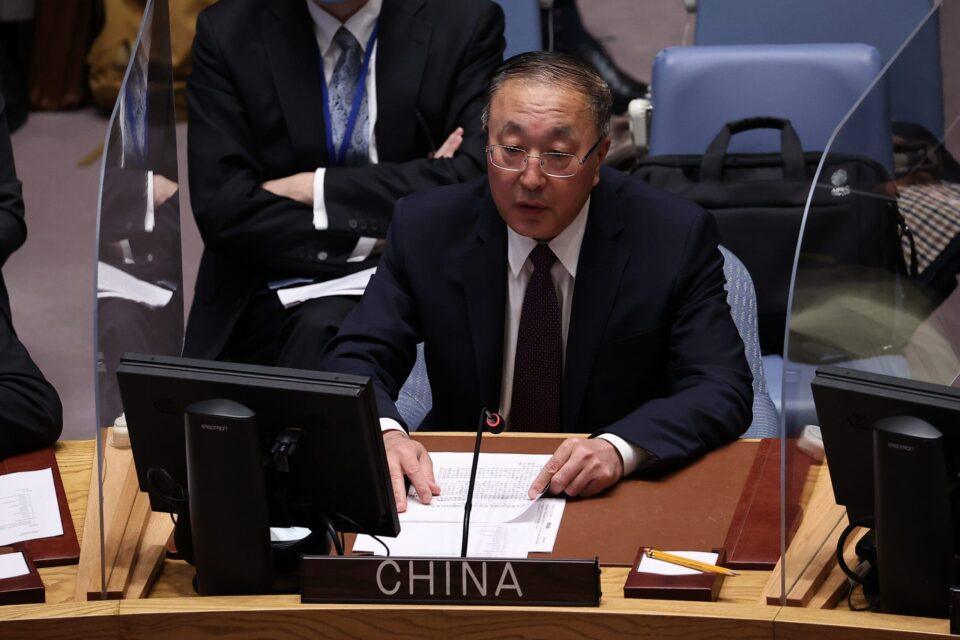
U.S. officials have warned Beijing by leaking to the media that China is considering giving military aid to Russia, including heavy weapons, kamikaze drones, and other weapons. Biden’s administration, which says that if it takes such a step against Ukraine, there will be economic sanctions against China, is also trying to intimidate Russia by announcing 2 billion dollars of new military aid to Ukraine. On the first anniversary of the invasion attempt and as both sides prepare for the conflict that is expected to intensify in the spring, China has called on both sides to negotiate peace. Washington accuses China, which does not criticize Russia’s invasion and calls for negotiations on both sides, of putting the invader and the occupied on the same level.
So far, China has been one of the main players helping the Russian economy stay afloat by continuing to buy and trade energy from Russia. If it starts giving military support to Russia, there is a possibility that a Russian-Chinese alliance will form, which will not be easy to corner against the West. We’ll have to wait and see how effective Europe’s ‘red line’ warning and the US’ threatening China with sanctions and diplomatic isolation will be. The fact that China is at the stage of giving military aid to Russia will not only complicate the task of the Western alliance but may also be the beginning of a new cold war that has been mentioned for a long time. Even if it doesn’t get to this point, it is noteworthy that China wanted to play a diplomatic role by speaking about a war in Europe.
The 12-point peace plan announced by China calls for negotiations. China, which avoids any criticism of Russia by using neutral language, does not actually claim to be an impartial mediator. China’s avoidance of open support to Russia can be attributed to its fear of damaging its trade relations with the West. On the other hand, China’s abstention from UN resolutions condemning the invasion attempt of Ukraine, which emphasizes “territorial integrity”, indicates that it does not want to spoil its relations with Russia. With this attitude, China may want to increase its reputation, especially in the countries that are affected by the grain crisis and want the war to end as soon as possible. It is clear that China wants to play a diplomatic role without taking a sharp stance in the war that pits the West against Russia.
Last week, during Biden’s visit to Kyiv, the Chinese Foreign Minister’s visit to Moscow and European capitals to call for peace talks shows that China wants to play a role in the international system, albeit limited. Having a trump card that can be costly, such as providing arms to Russia, may give China self-confidence in this regard. However, the Beijing administration, which is aware of the cost of taking this step, will not prefer Russia to suffer a decisive defeat. As conflicts escalate in the spring, Putin may be further weakened by Ukraine’s possible successes. In this scenario, Russia may be more dependent on China, but China will not prefer to increase the cost of its economic and political support to Russia.
Ukraine’s leader, Zelenski, emphasized the “territorial integrity” regarding China’s peace plan. It is clear that Zelensky, who refrains from alienating powers other than China and the West by giving the message that he is not closed to a diplomatic solution, has no intention of making territorial concessions, which Russia sees as a prerequisite for negotiations. On the other hand, for the Kyiv administration, which does not want to leave Beijing out of the game due to its economic relations with China, China’s supply of weapons to Russia will have a game-changing effect. The addition of military support to political and economic support will completely destroy the credibility of China’s “seemingly biased” policy. Arming Russia may needlessly increase China’s costs, but there may be no other way for Putin to continue the war.
The Biden administration has so far managed to hold the West together in the Ukraine war, giving a message to China about Taiwan. Washington, which has also firmly warned China about military aid to Russia, does not seem to have much trump card other than economic sanctions. Unable to deter Russia with sanctions due to the continuation of energy sales, it will not be easy for the US administration to prevent China from giving military support to Russia. Seeing that Putin will be defeated, it would not be surprising that China took the step of arms support and ensured the continuation of the war. The prolongation of the crisis will mean that China will both continue to influence Russia, which is in need of it, and play a diplomatic role in the international arena. For this reason, we can say that China will want to continue its current policy.
It means that China is critical of Russia without giving military support.
The fact that China put forward a peace plan that does not go beyond the repetition of its own policy at a time when Washington and Moscow mutually raise their hands indicates that Beijing wants a cost-free diplomatic role. It seems difficult for him to become an actor in the international system by playing a diplomatic role. If China does not want to bear the cost of military support, it may want to continue with its current policy. In this case, Putin may also have to accept that he is weakened even more and thus becomes a heavier burden. If this situation becomes unsustainable, Beijing may have to play a clearer role in favor of Moscow. This would mean confronting the West with Russia and China, and China’s ‘peace plan’ would also be on paper.











